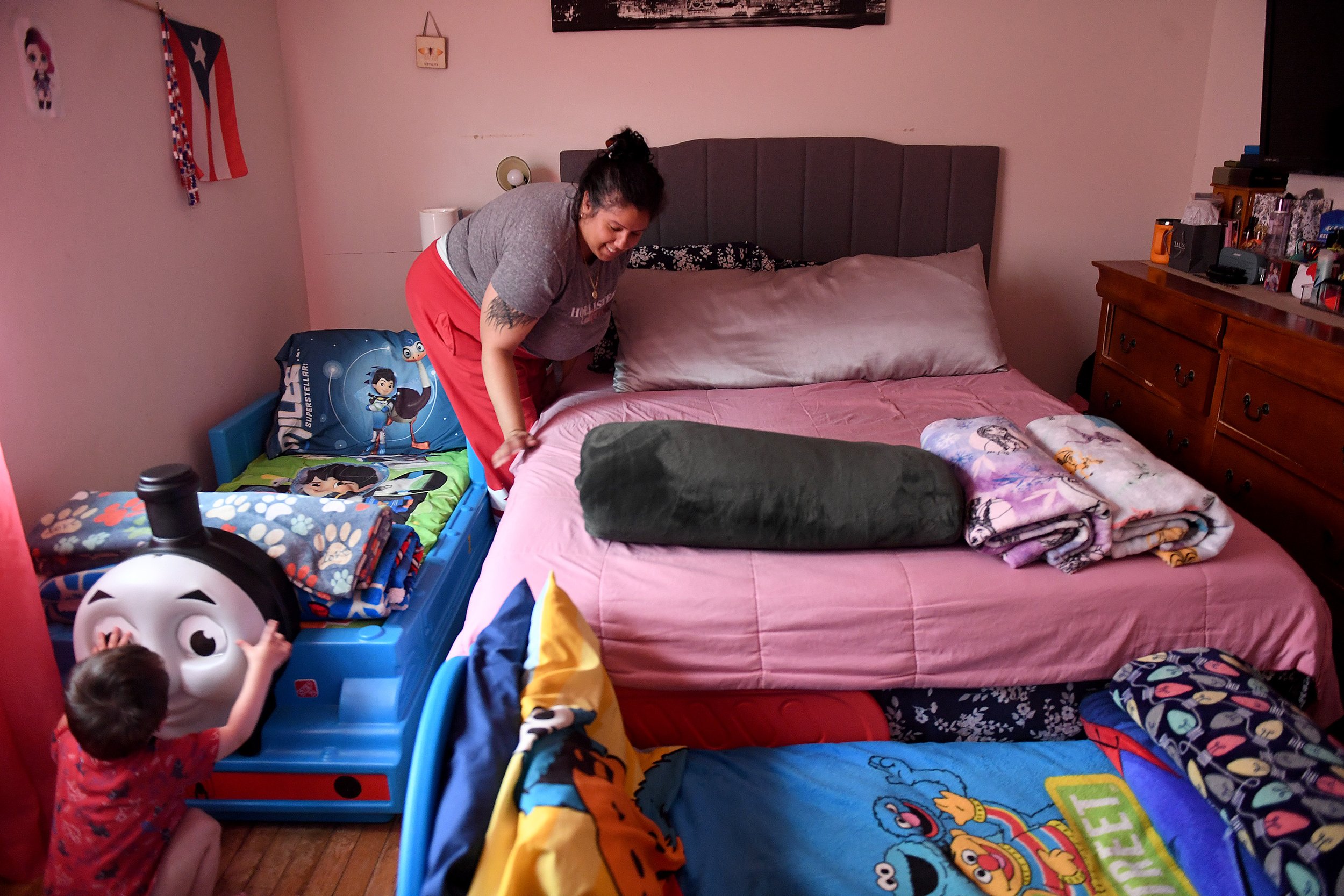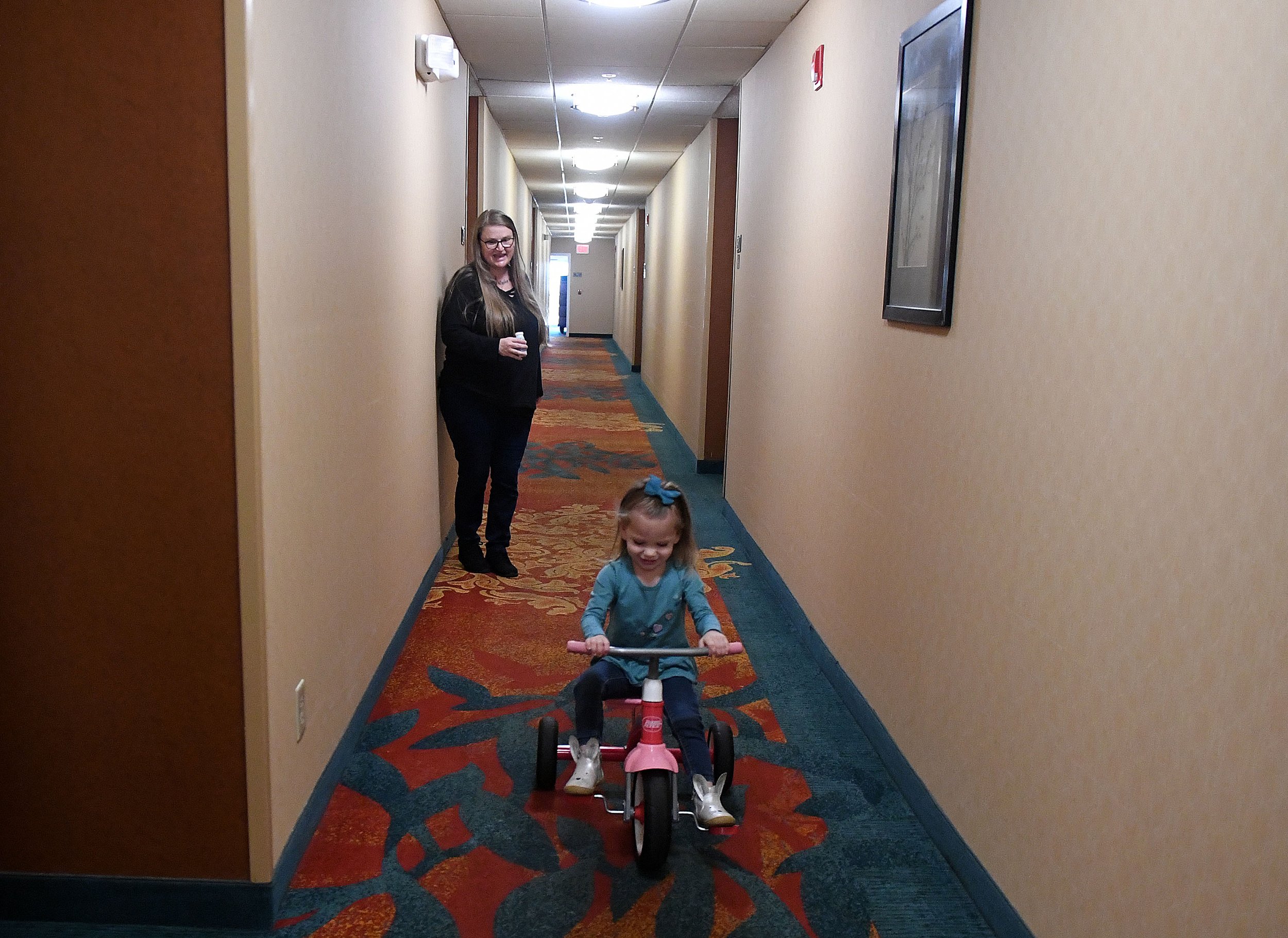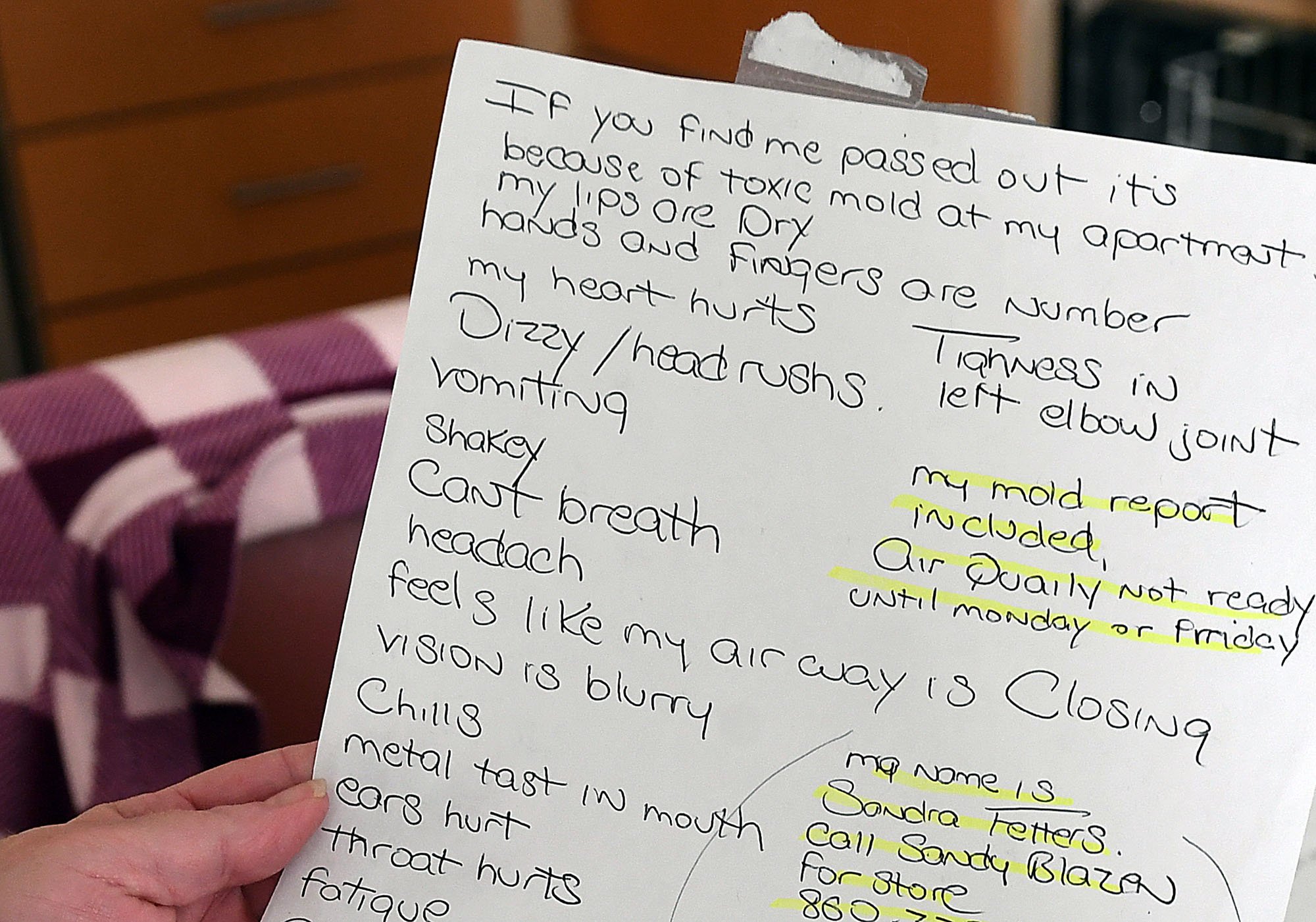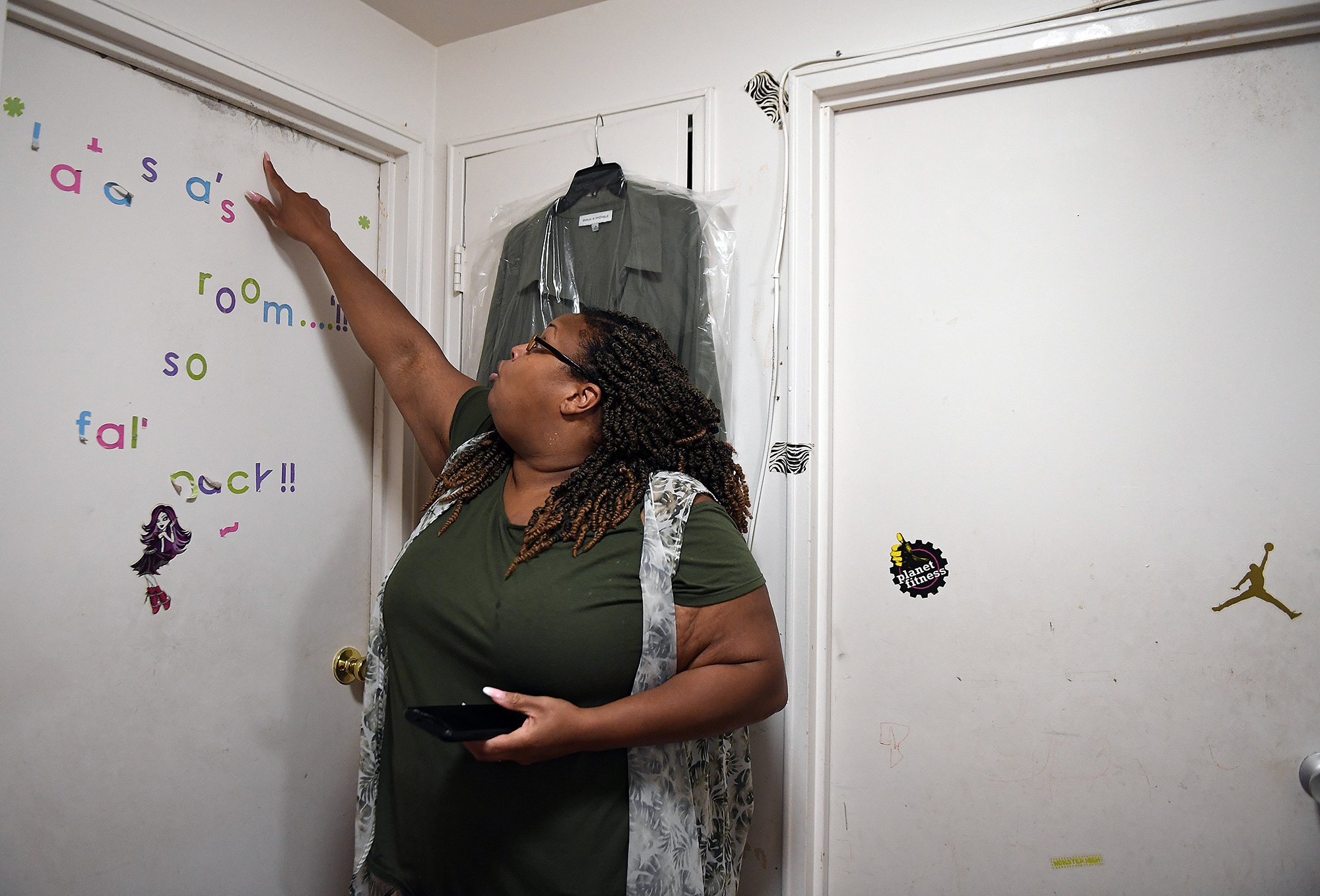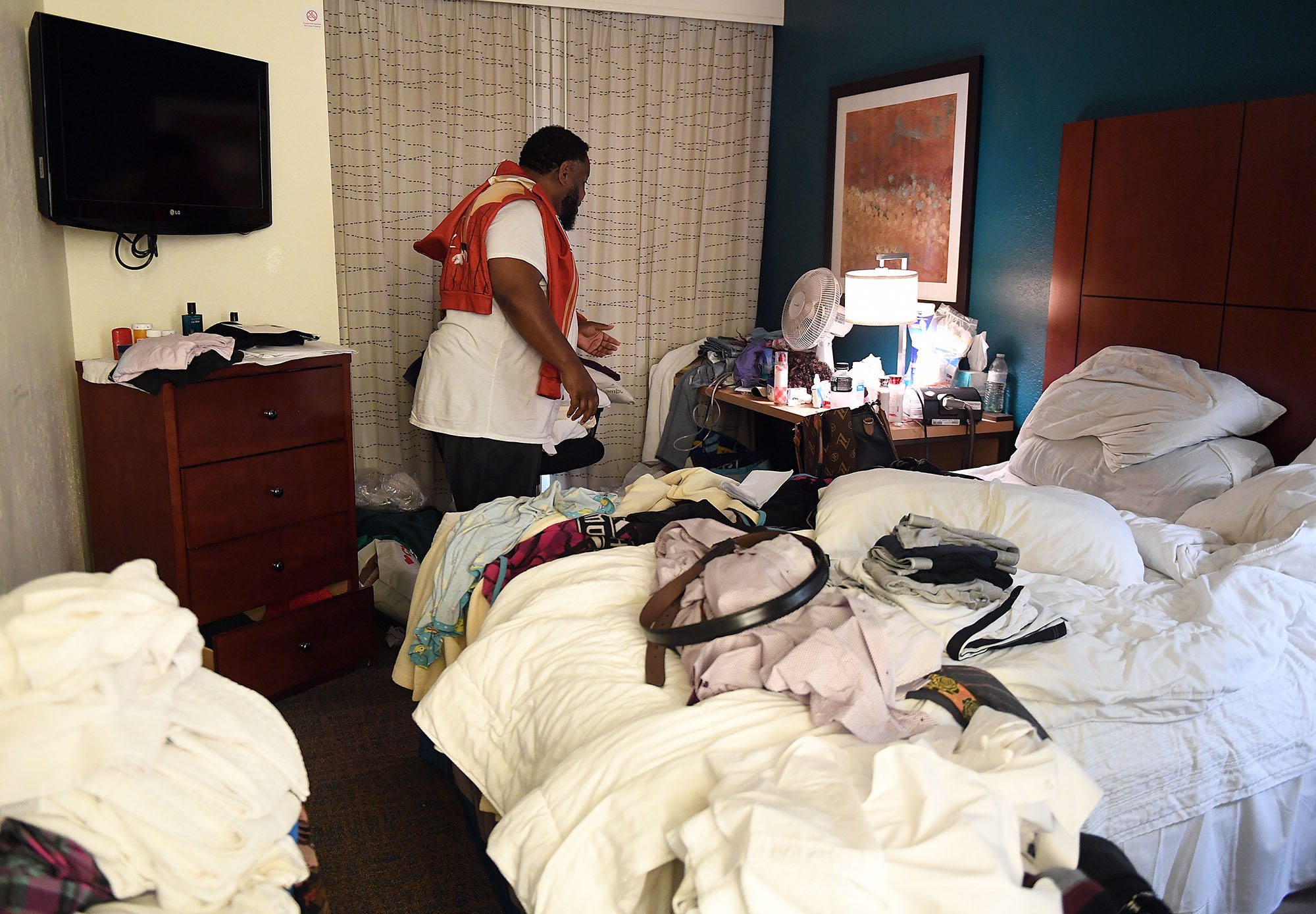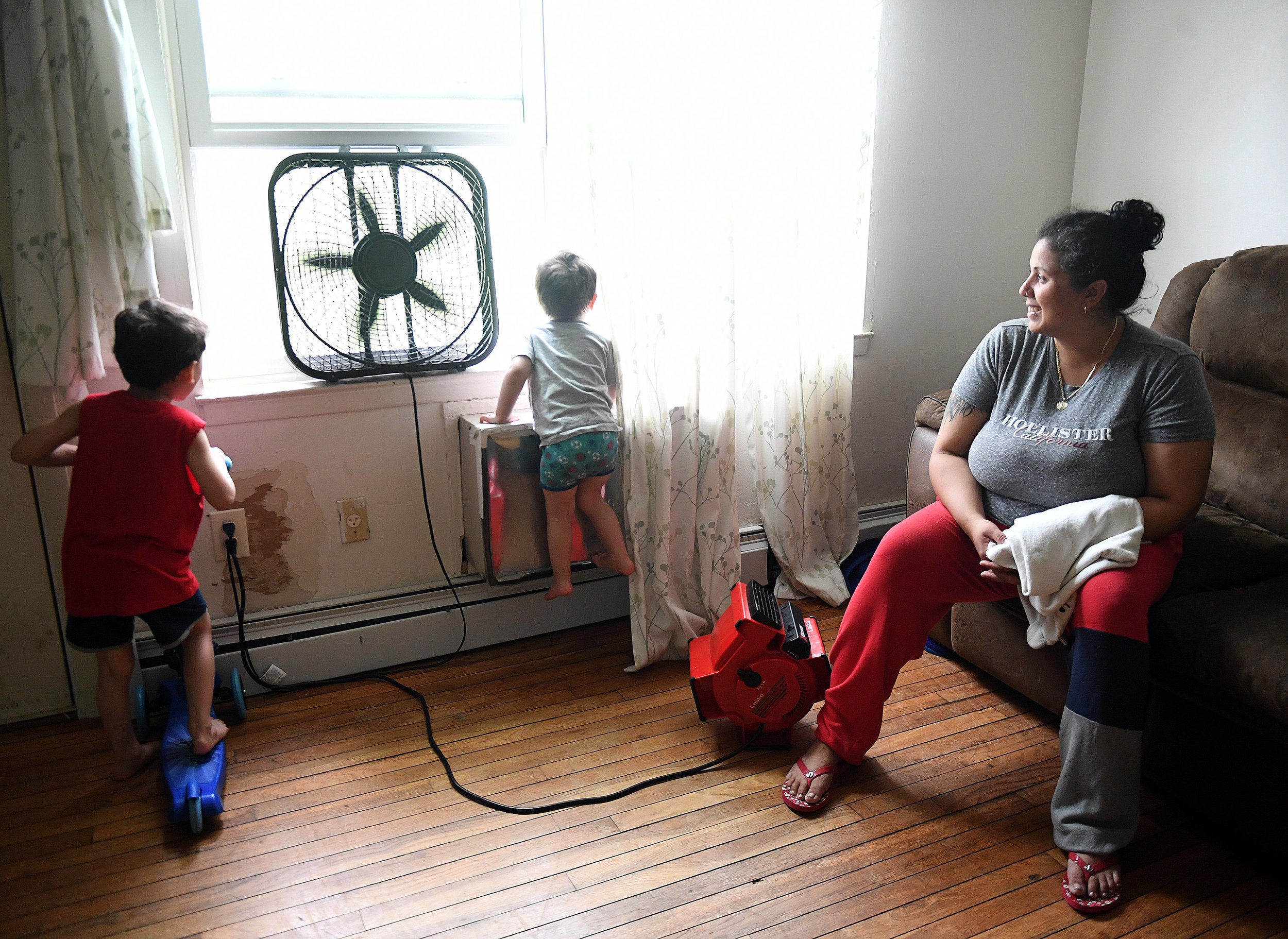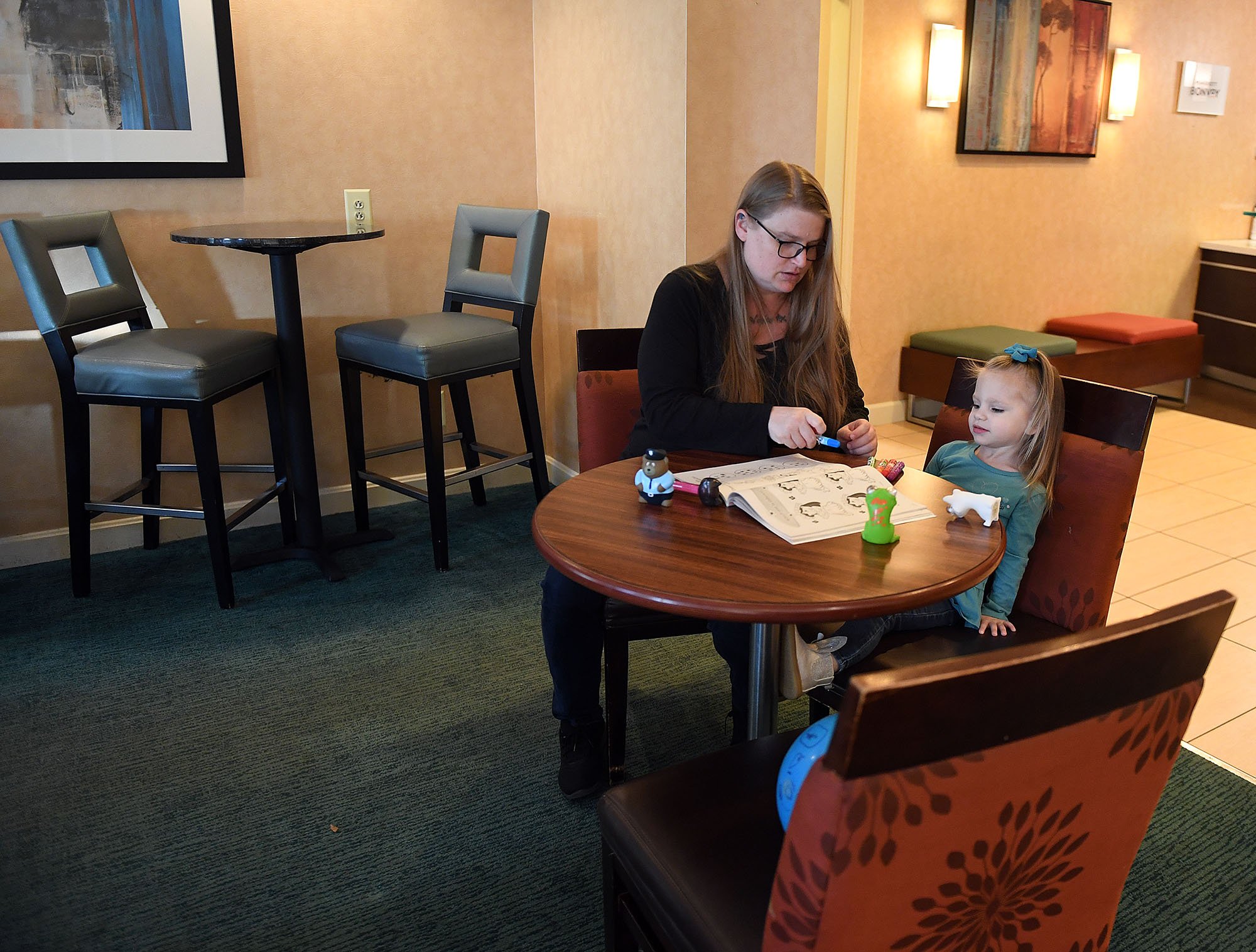Part of an ongoing year-long investigative solutions-based team looking at the issue of affordable housing and the people at the heart of the crisis. Some text by Elizabeth Regan/The Day
New London County, like so many residents within its borders, is stuck.
The 665-square-mile swath of land, moored by the insulated splendor of Long Island Sound and rising up on the shores of industry along the Thames River, finds itself mired in two different affordable housing crises.
The first is a crisis everywhere. Stretching from coast to coast, it involves the basic mismatch between the amount the nation’s lowest-income earners make and the cost of housing.
In New London County and across the state, safe and healthy places to live are often too expensive for those in many income brackets. More and more, prices driven up by limited supply and high demand are rendering the market out of reach for an even wider swath of the population.
That, according to affordable housing policy expert Sean Ghio, is the other crisis.
“Our housing market being too expensive for all kinds of other people, that’s not everywhere,” he said. “That’s in Connecticut. That’s in New York. California is a poster child for that.”
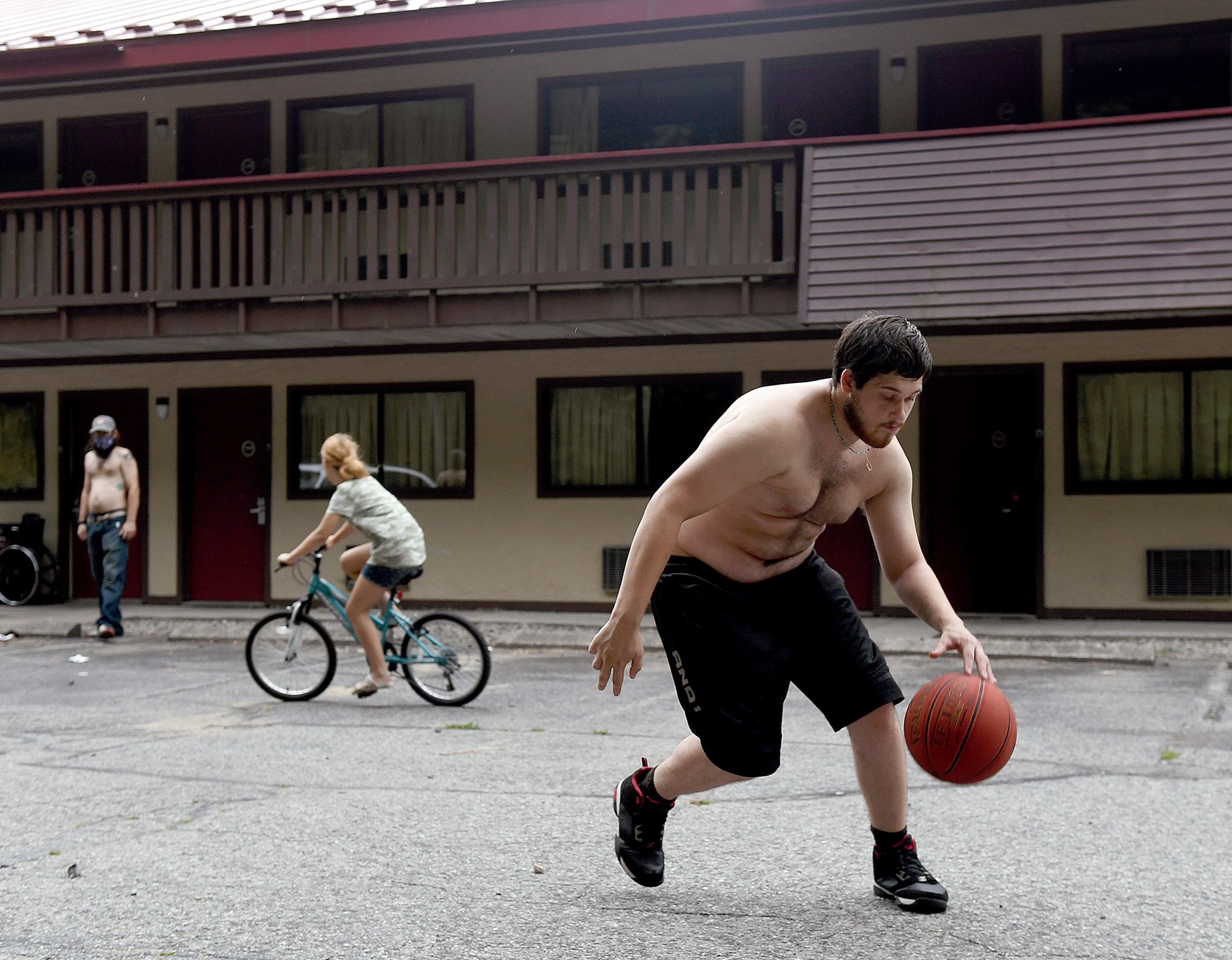
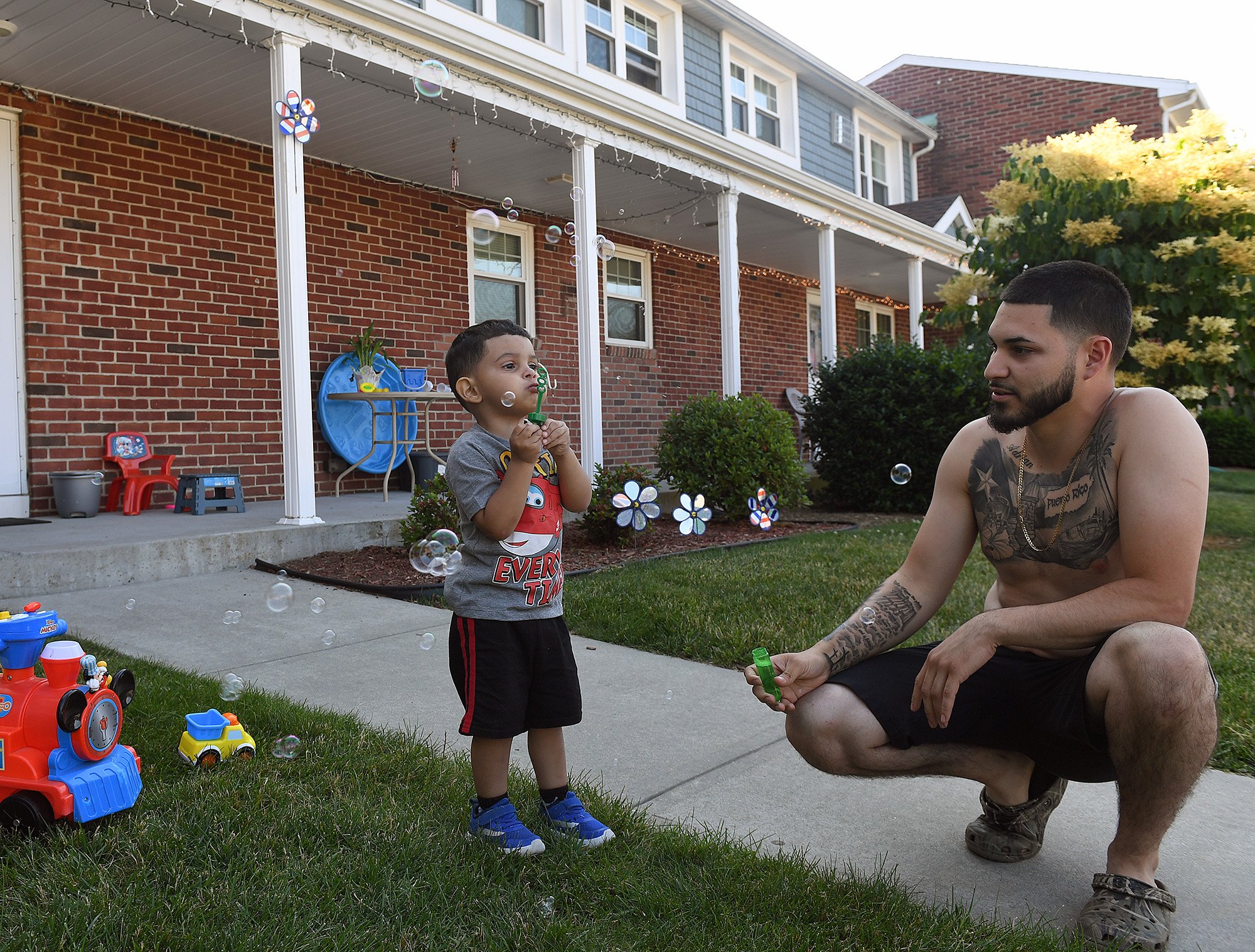
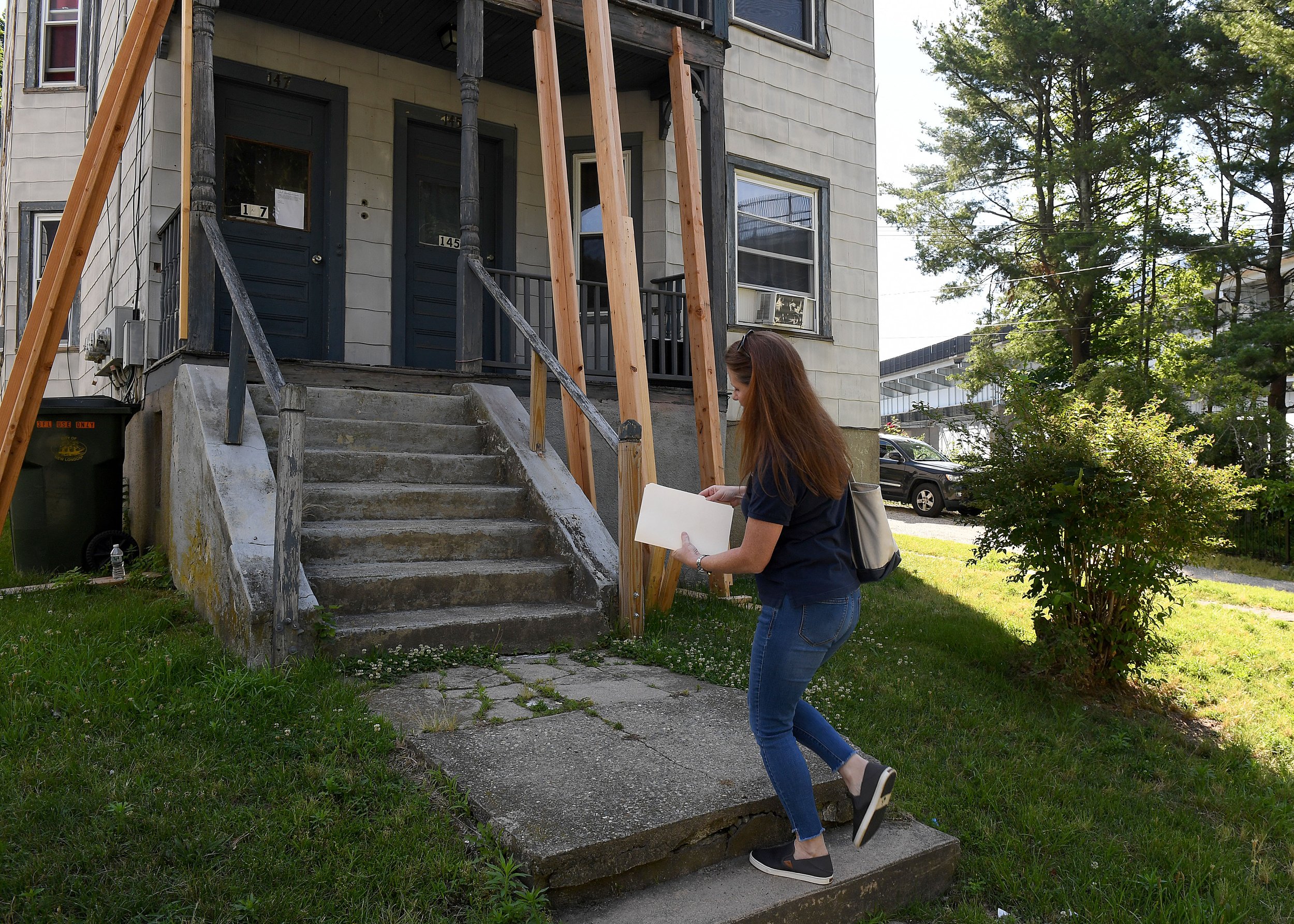
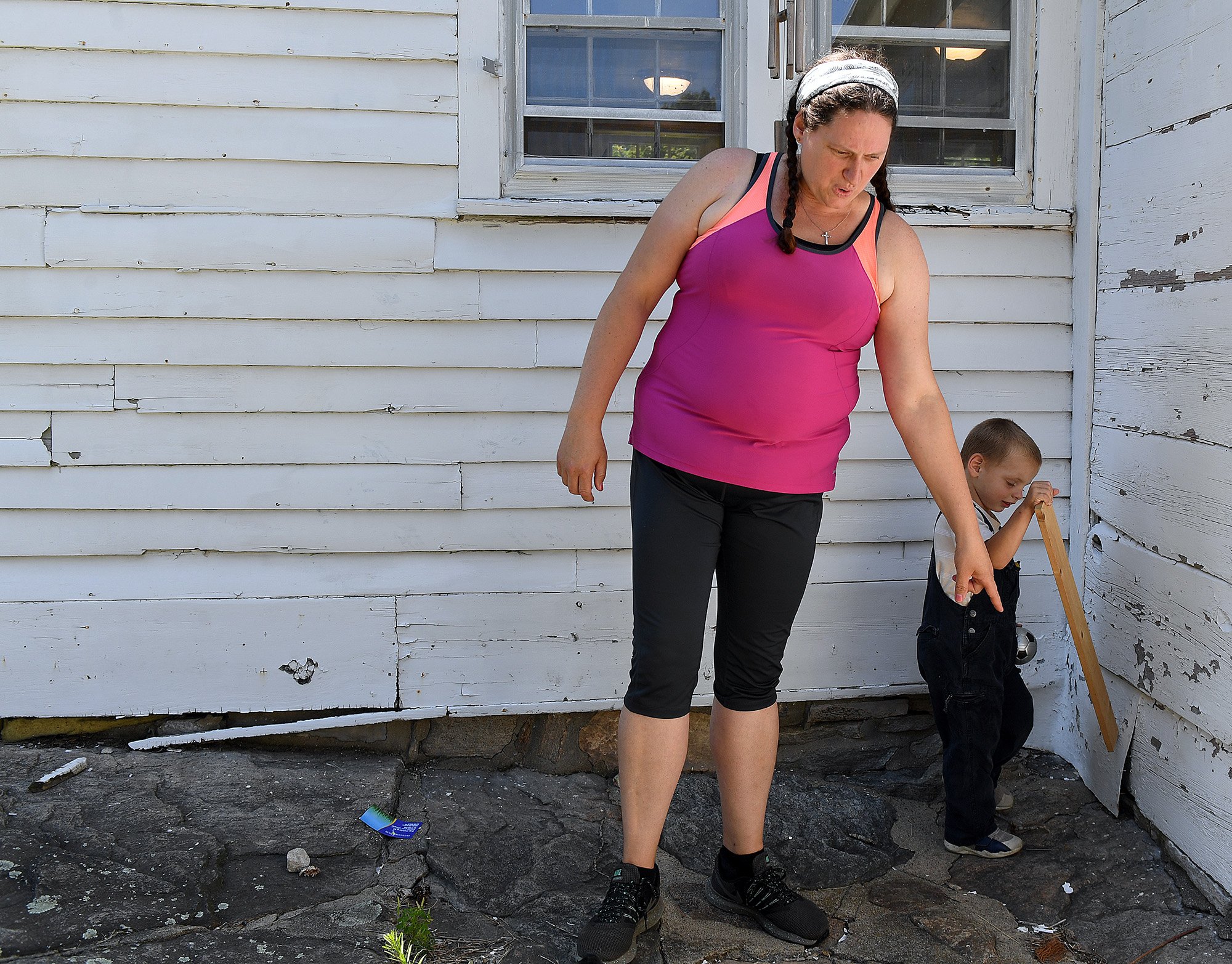
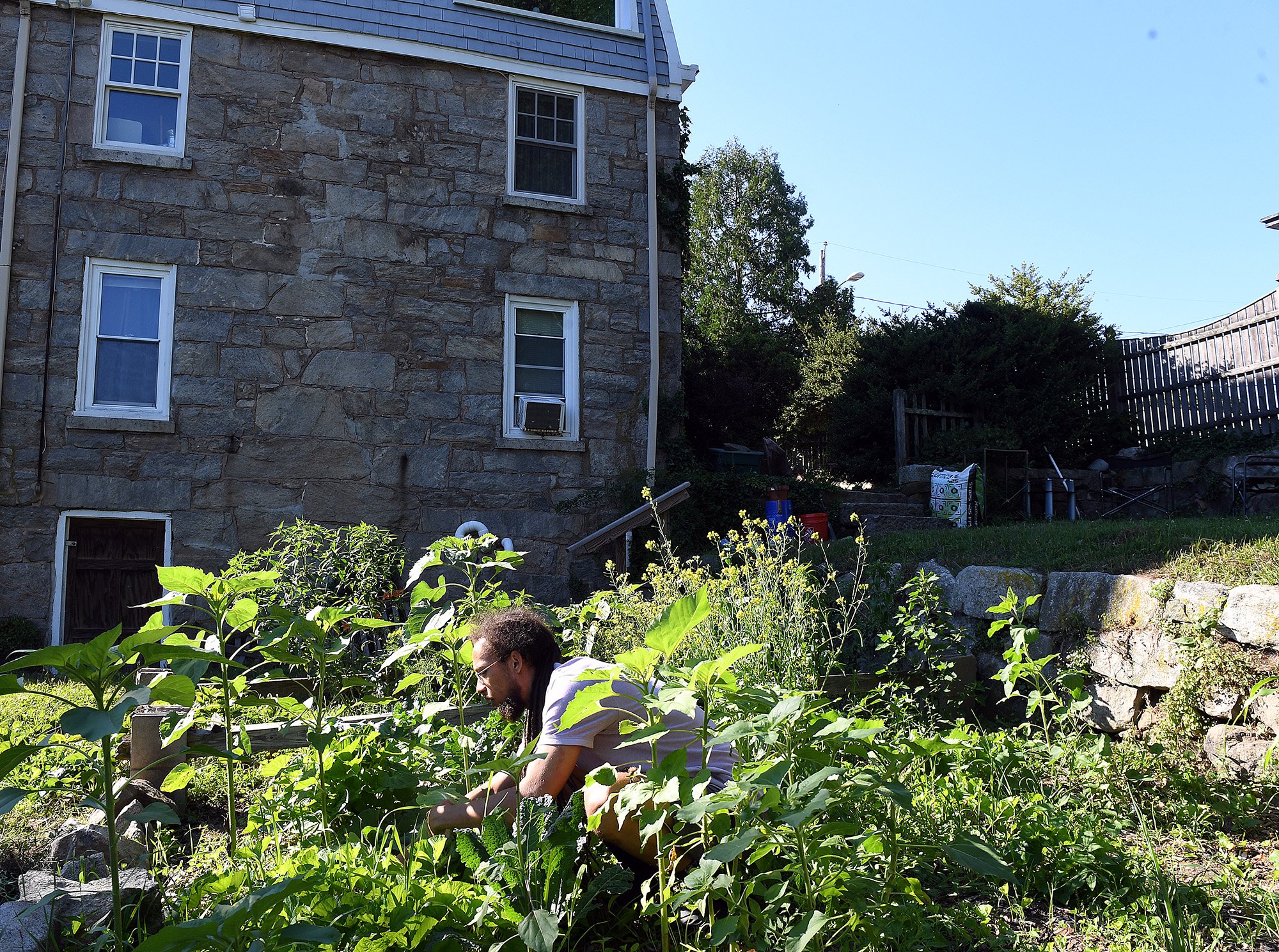

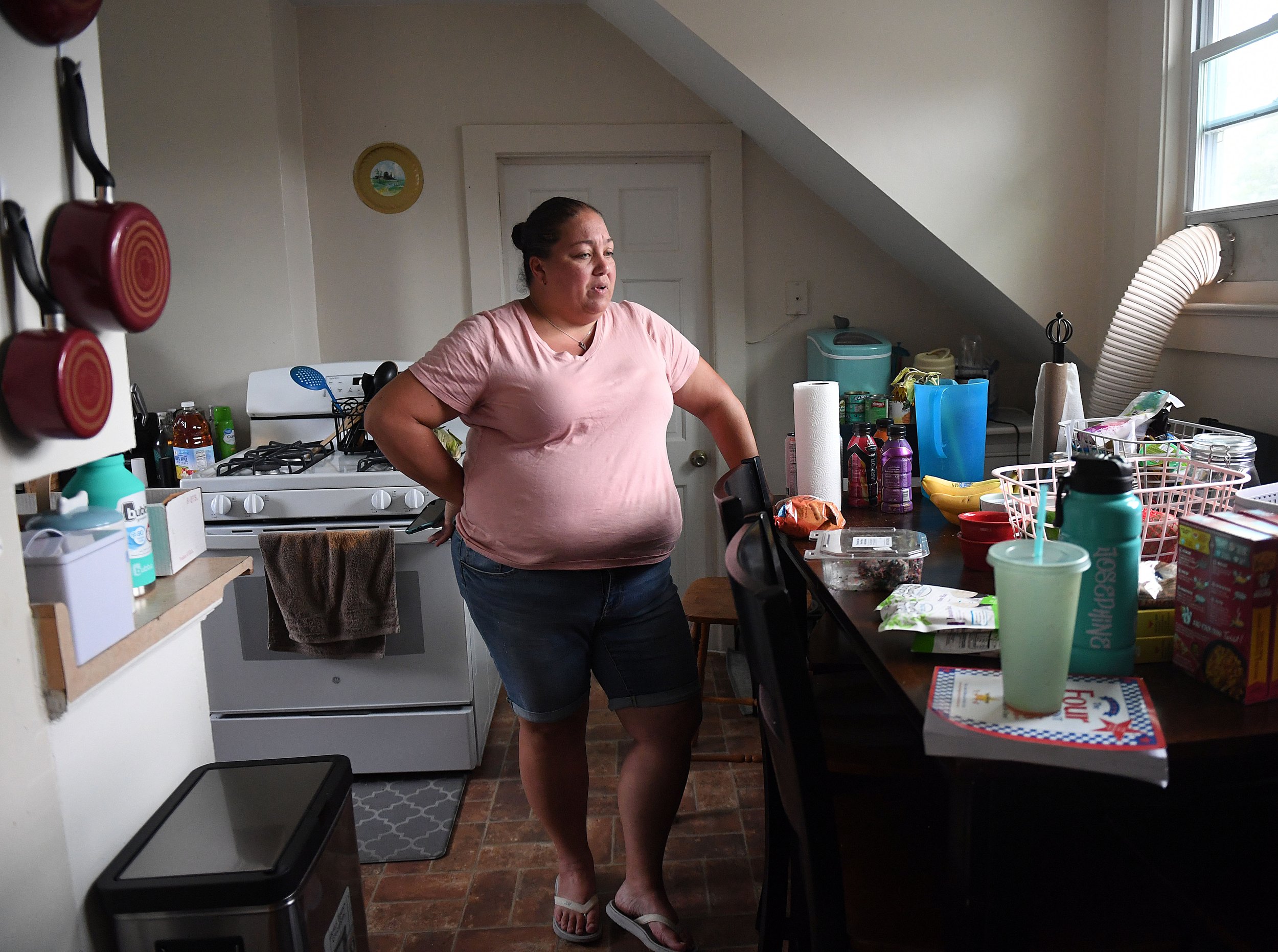
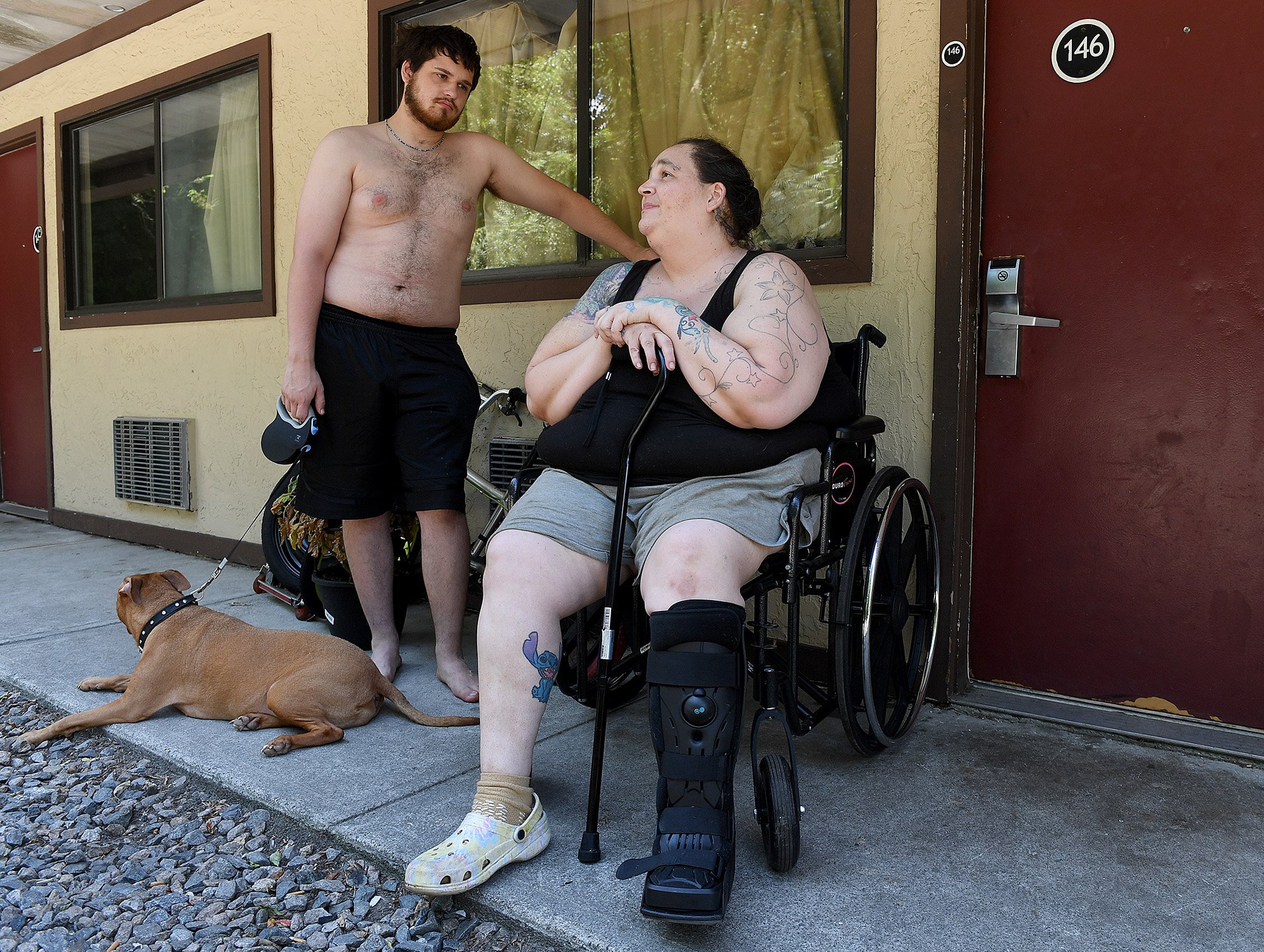
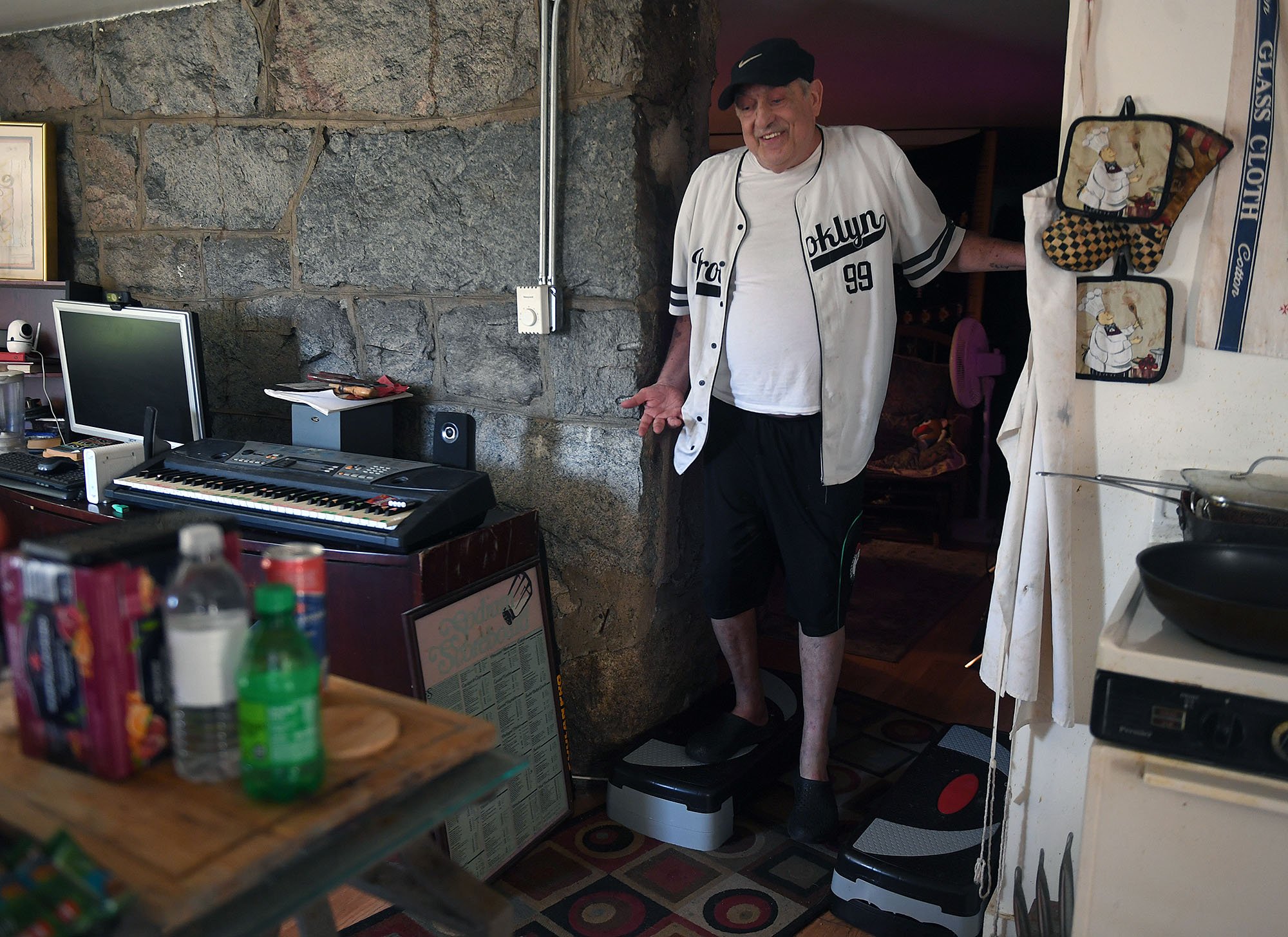
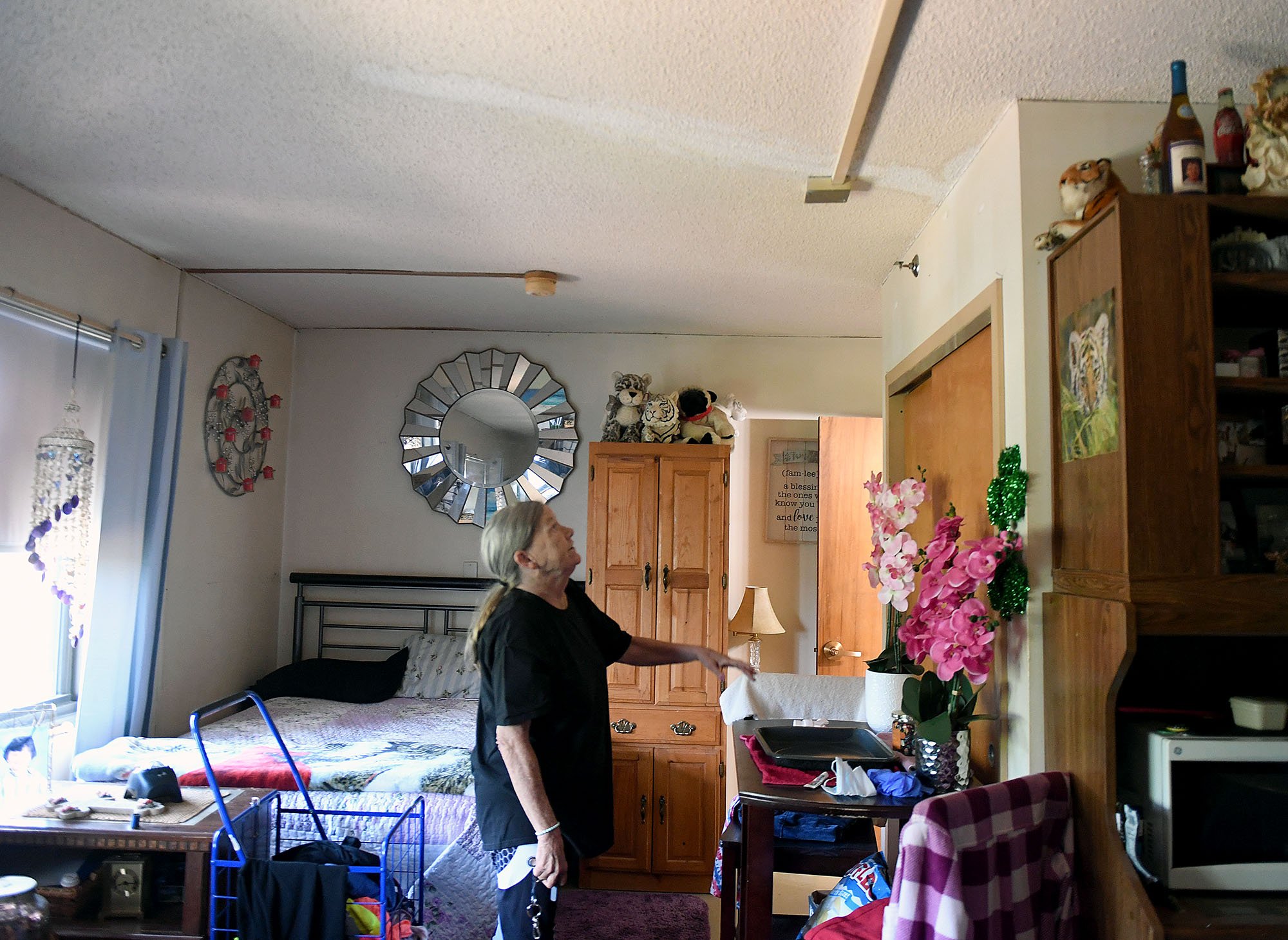
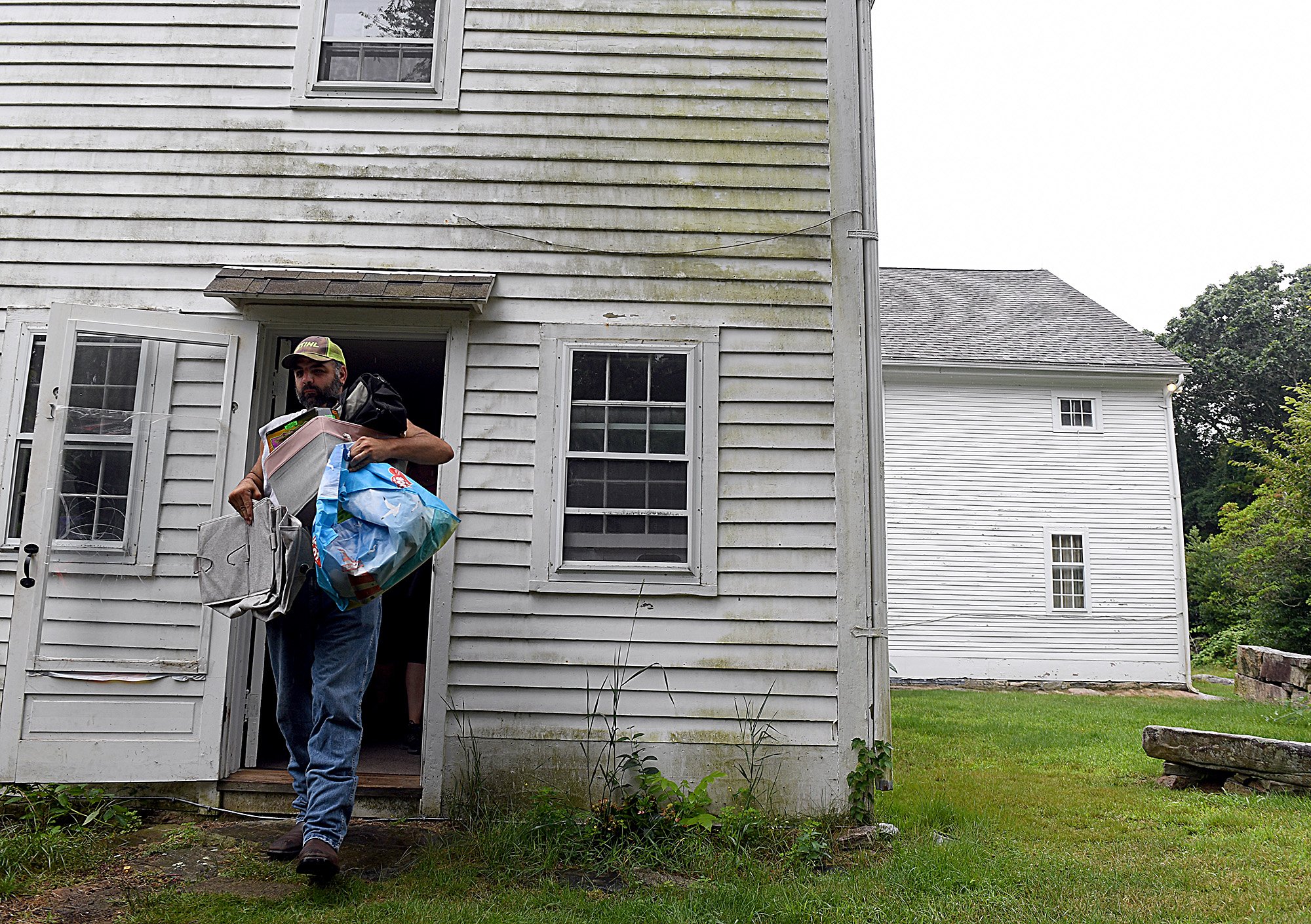
The apartments on Crystal Avenue, underfunded and mismanaged for decades, were demolished this past spring, five years after the City of New London received approval for their evacuation and demolition from the federal Department of Housing and Urban Development.
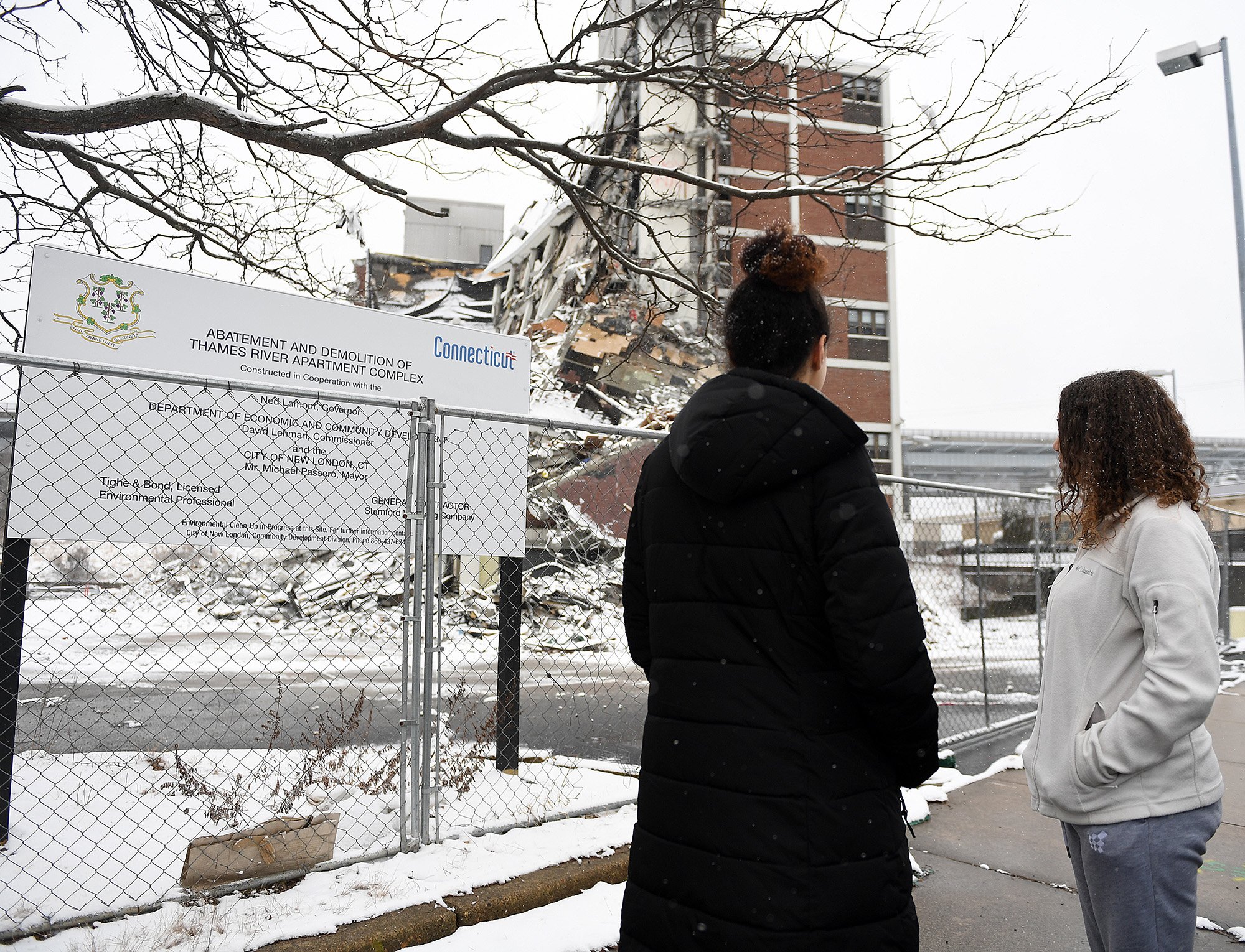
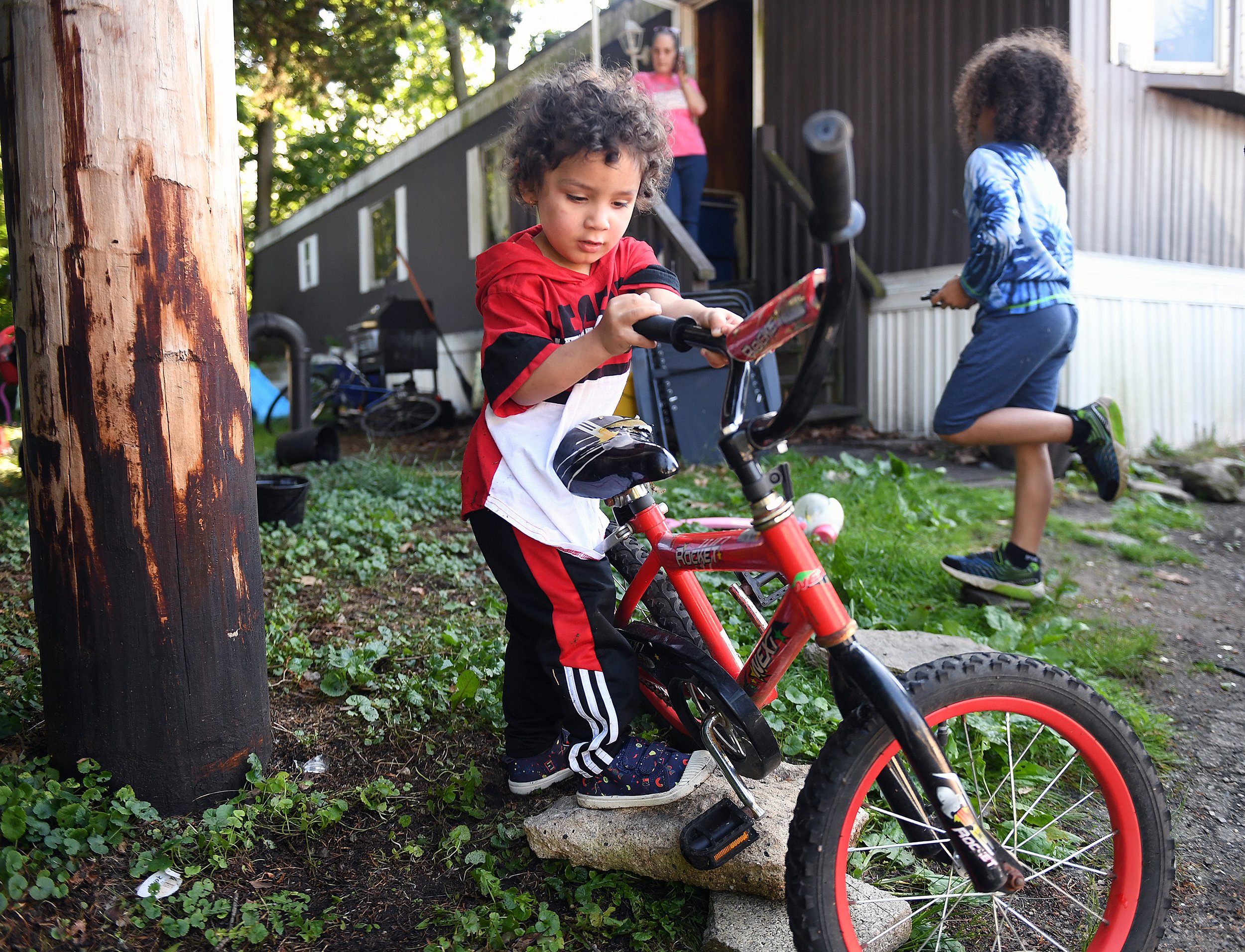

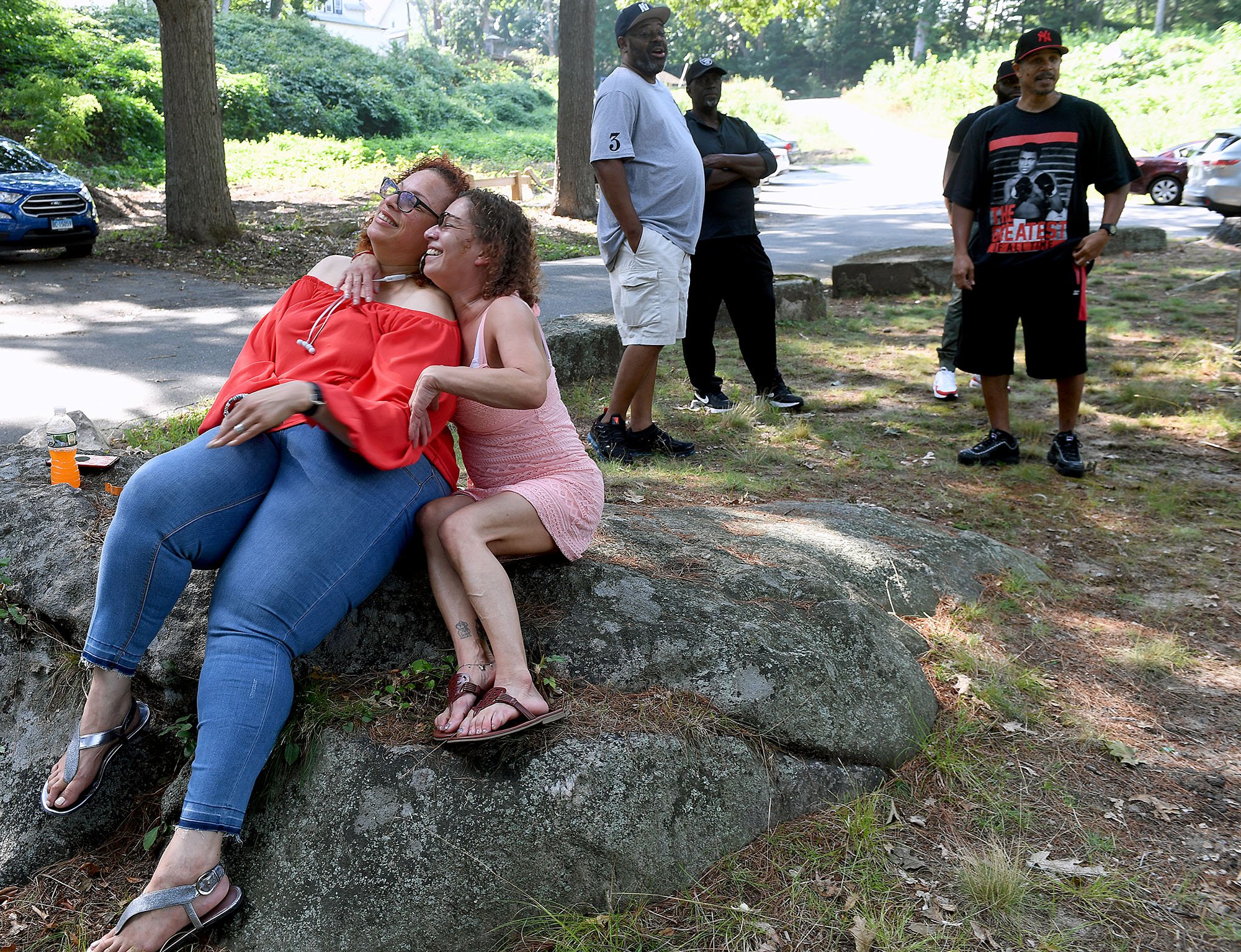

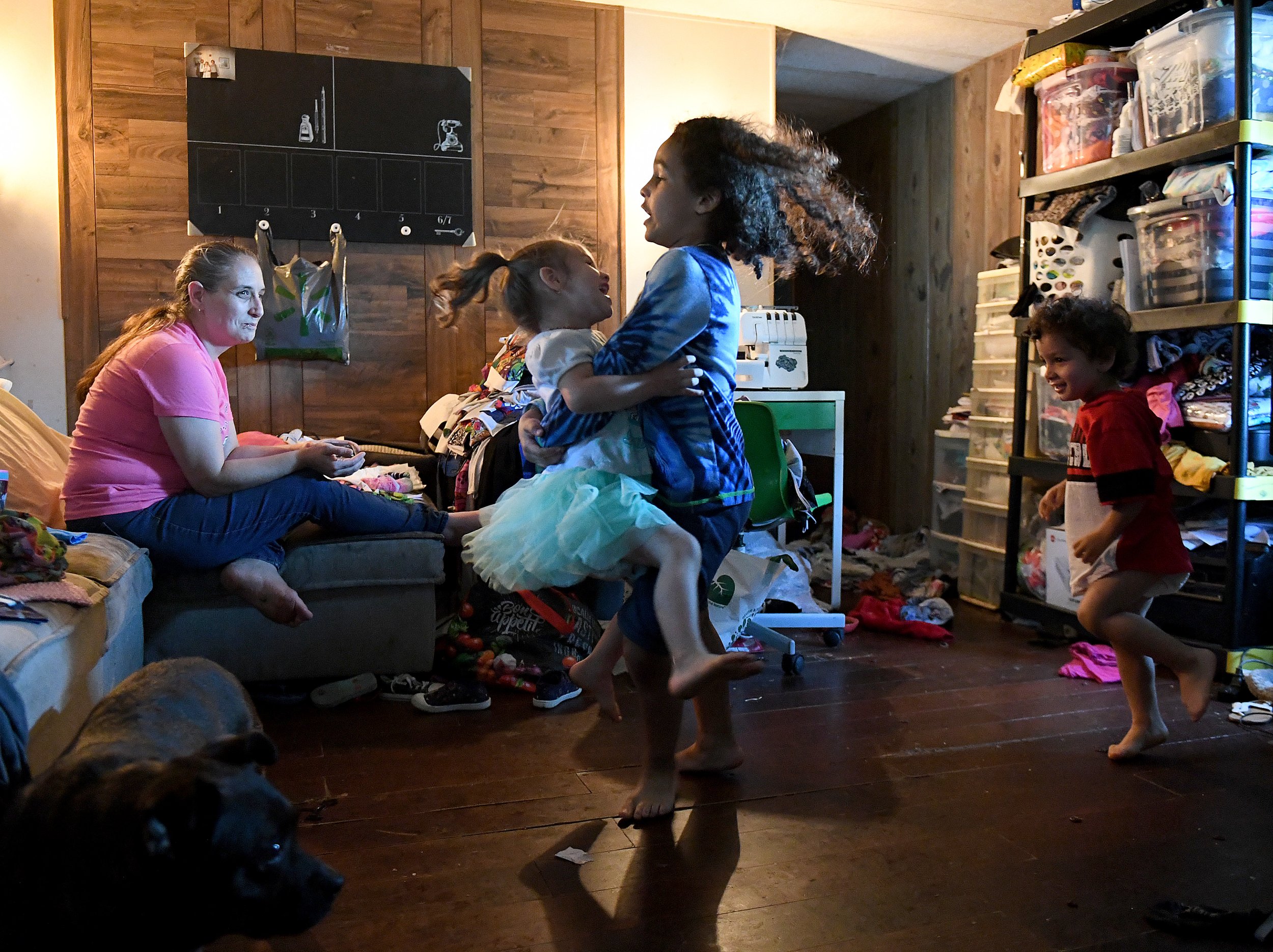
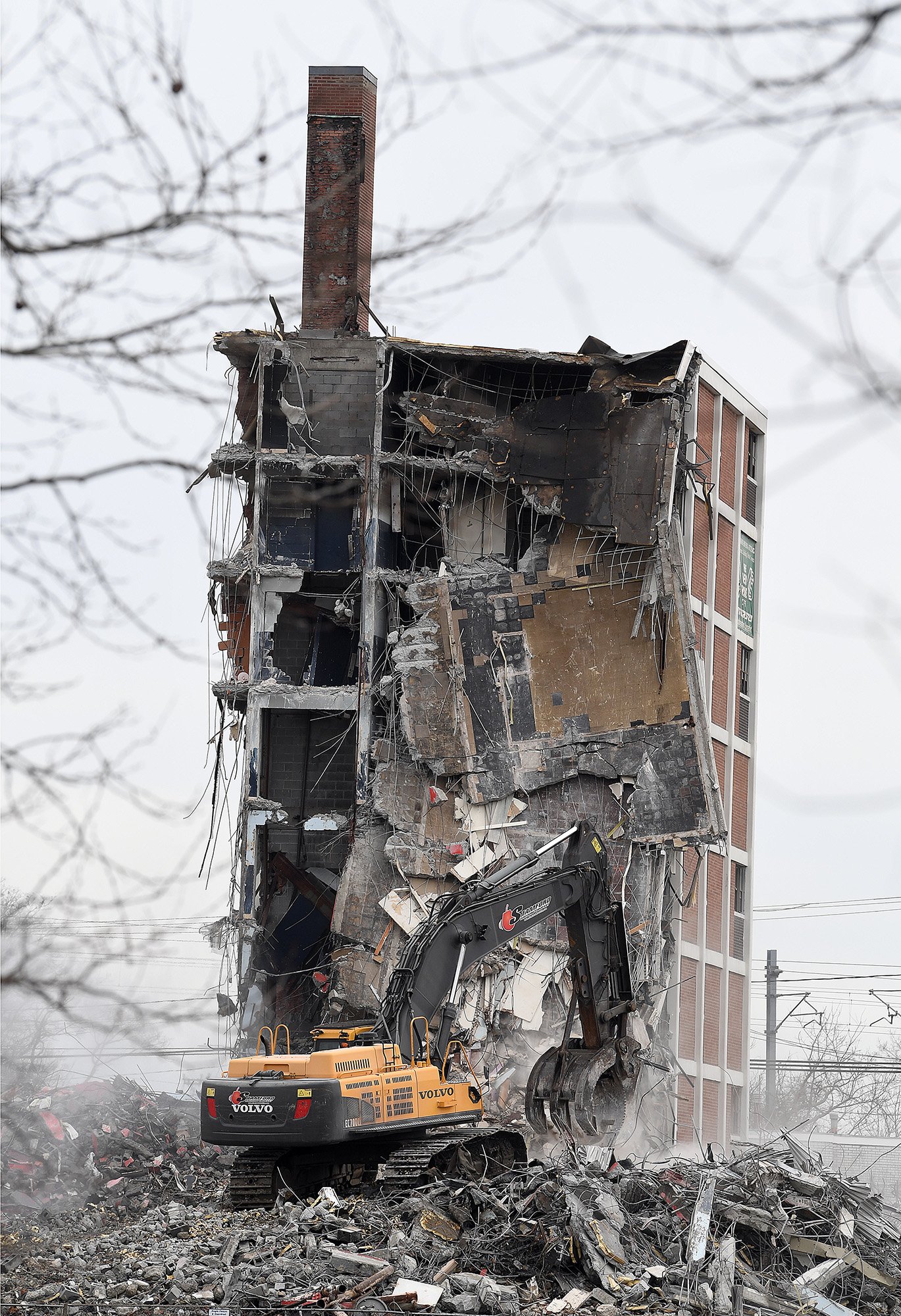
When Aleshia Valero left the Thames River Apartments in New London she didn't want to go back into assisted housing. "It's almost like a vicious cycle, once you get in it's very very hard to get out," she said. Buying her two-bed mobile in Groton was the only option she could find to get out of the system. Five years later Valero shares the space with her four children and their dog and sleeps on the sofa. She has struggled to find full-time employment as a single mother without access to childcare for all her children. Valero said she has dreams of returning to work and buying a home with a backyard where her children can play and a driveway where they can ride their bikes. "I want to work, I want to buy a home, I don't want to be in a mobile home for the rest of my life. I really don't."
Many Branford Manor residents who were struggling with mold issues at their apartments are now adjusting to a new normal, hotel living. More than 25 Branford Manor residents have been living in area hotels while mold is being removed from their apartments.
Christine Santos and her children have lived at three different hotels since this summer. She said they don’t have to take cough and flu medicine daily and they feel healthier being out of their apartments.
But the struggle of hotel living and stress of upending their lives has taken an impact on their mental health, as Latasha Fisher-Harris said as she looked around at the bins she and her family been living out of since July. “This is because you don’t know when you’re going to be leaving,” she explained.
In an Oct. 25 letter, the management team at Branford Manor Apartments said it has developed a plan to finish “all apartment remediation and other repairs,” by the end of February. But for most of the residents in hotels, there’s an ever changing check-out date.
